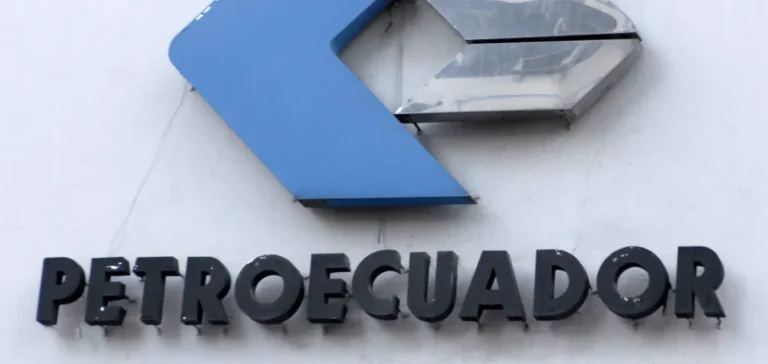Oil activities in Ecuador are gradually resuming after a disruption caused by severe weather that affected the country’s strategic oil infrastructure. The private Oleoducto de Crudos Pesados (OCP Ecuador) officially announced the resumption of its operations following several days of stoppage. According to the company’s statement, crude oil transport restarted at 8:26 AM local time, after successful technical validation of a temporary bypass around areas affected by riverbank erosion in the Amazonian province of Napo. The OCP pipeline, primarily dedicated to transporting heavy crude oil, has a maximum capacity of 450,000 barrels per day (bpd), although the actual transported volume is typically lower.
Main Pipeline Remains Shut Down
However, the state-owned Sistema de Oleoducto Transecuatoriano (SOTE), the country’s primary oil transport network with a capacity of 360,000 bpd, remains out of service. Its shutdown was necessitated by significant riverbank erosion resulting from intense rainfall that hit the Amazon region. The combined closure of both pipelines led to a complete suspension of oil exports, forcing the public company Petroecuador to declare force majeure. This exceptional measure caused a significant reduction in national production, dropping to approximately 332,128 bpd during the interruption, compared to a usual annual average close to 475,000 bpd in 2024.
Immediate Economic Impacts
Oil represents Ecuador’s primary export and main source of foreign exchange earnings, with about 73% of national production destined for foreign markets. This situation highlights the country’s economic vulnerability to climate-related and technical hazards impacting essential energy infrastructure. The partial resumption of oil transport via the OCP pipeline marks a first step toward the complete restoration of the logistical chain, but the continued shutdown of the SOTE pipeline prevents a full recovery of export flows. International markets are closely monitoring repair progress by Petroecuador, with timelines for full restoration remaining uncertain at this stage.
A Multi-Faceted Crisis
In addition to the immediate industrial and economic consequences, the torrential rains affecting Ecuador over recent months have exacted a heavy human toll. According to Ecuadorian authorities, the severe weather resulted in 52 deaths, nearly 61,000 people displaced, and approximately a thousand homes destroyed across the country. These extreme weather conditions have exposed the structural fragility of national oil facilities, which regularly face erosion risks associated with the tropical Amazonian climate. Ecuador’s oil industry will need to consider significant investments to strengthen its resilience against future similar climate events, representing a critical economic challenge for the country in coming years.






















